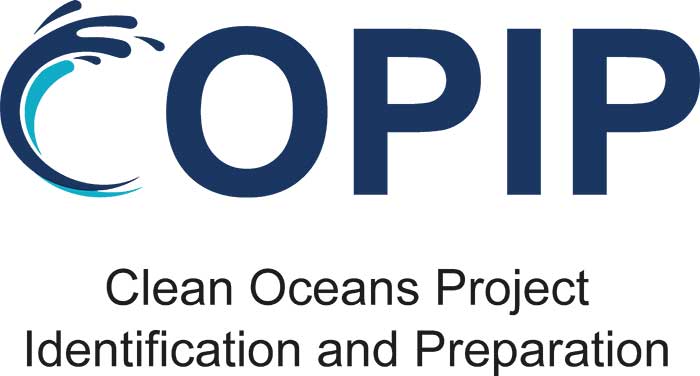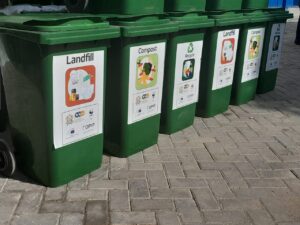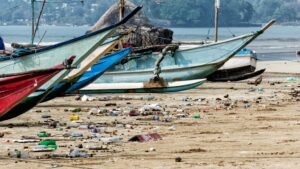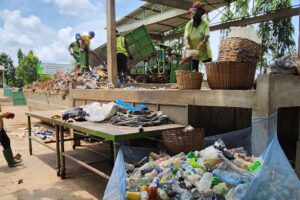As the prefeasibility study for the Gambia Integrated Waste Management Project is soon coming to an end, a team comprising Clean Oceans Project Identification and Preparation (COPIP), the European Investment Bank (EIB) and the European Union Delegation (EUD) to The Gambia undertook a successful mission from 6 to 10 May 2024. The team conducted site visits and held high-level meetings with the relevant stakeholders from the Ministry of Lands, Regional Government and Religious Affairs (MoLRG), the Ministry of Environment, Climate Change and Natural Resources (MECCNAR), the National Environment Agency, the Ministry of Finance and Economic Affairs (MoFEA), and the Gambia Chamber of Commerce and Industry (GCCI), as well as the Mayor of Banjul, the Mayor of Kanifing and the Brikama Area Council Chairman. The purpose of the mission was to engage with the promoters, gain understanding of the local context and refine the proposed technical options to improve municipal solid waste management in the Greater Banjul Area (GBA) and specifically to maximise recovery of recyclables, expand the recycling sector and reduce environmental leakage and the volumes of waste discharged to the ocean.
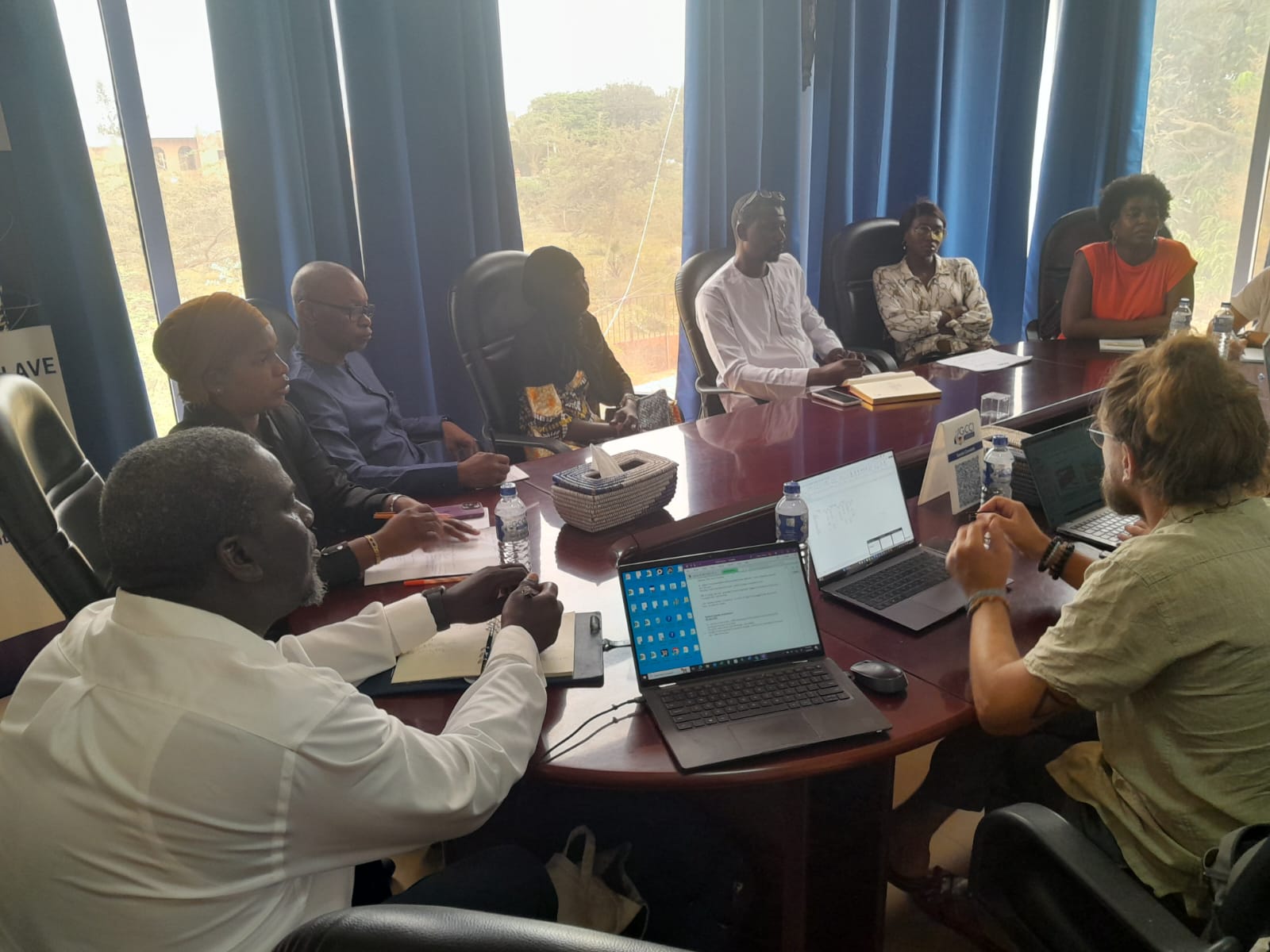
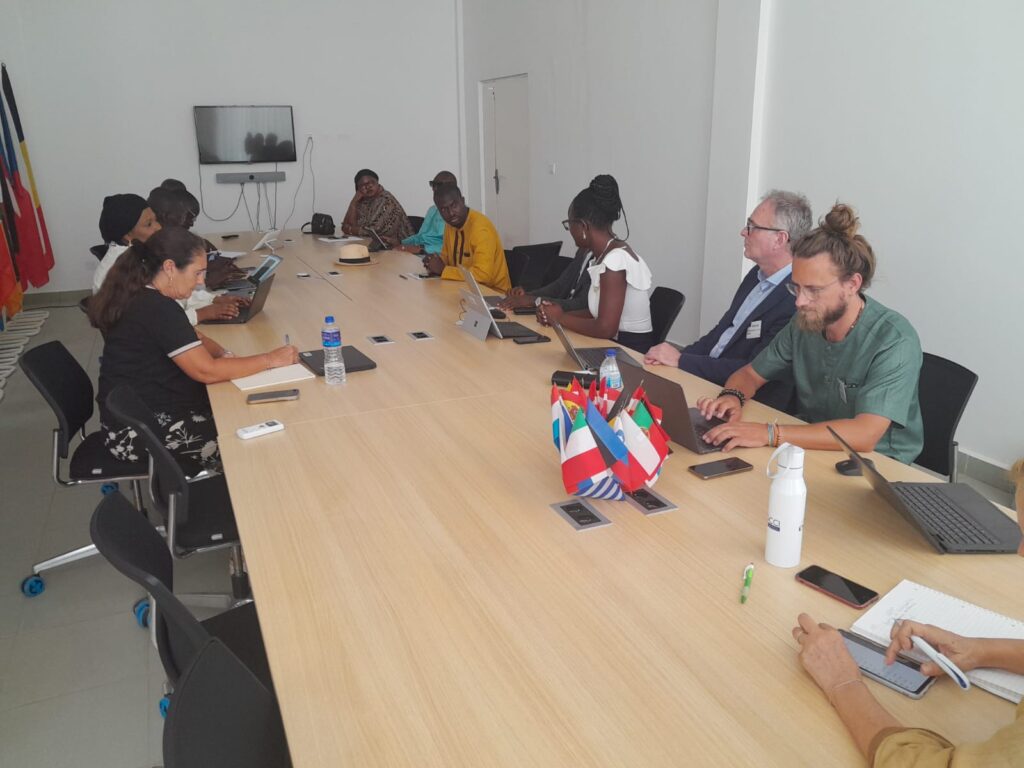
Existing situation
The GBA, which covers the City of Banjul, Kanifing Municipality and Brikama Area Council, generates approximately 1,000 tonnes of waste per day. The average waste collection rate in the GBA is only 28%, and the recycling sector is not properly organised or coordinated. Just like other low-income cities in Sub-Saharan Africa, the GBA faces uncontrolled dumping of mixed waste in open dumpsites namely Mile II, Bakoteh and Tambana. These dumpsites have no adequate control measures and pose severe environmental and public health risks.

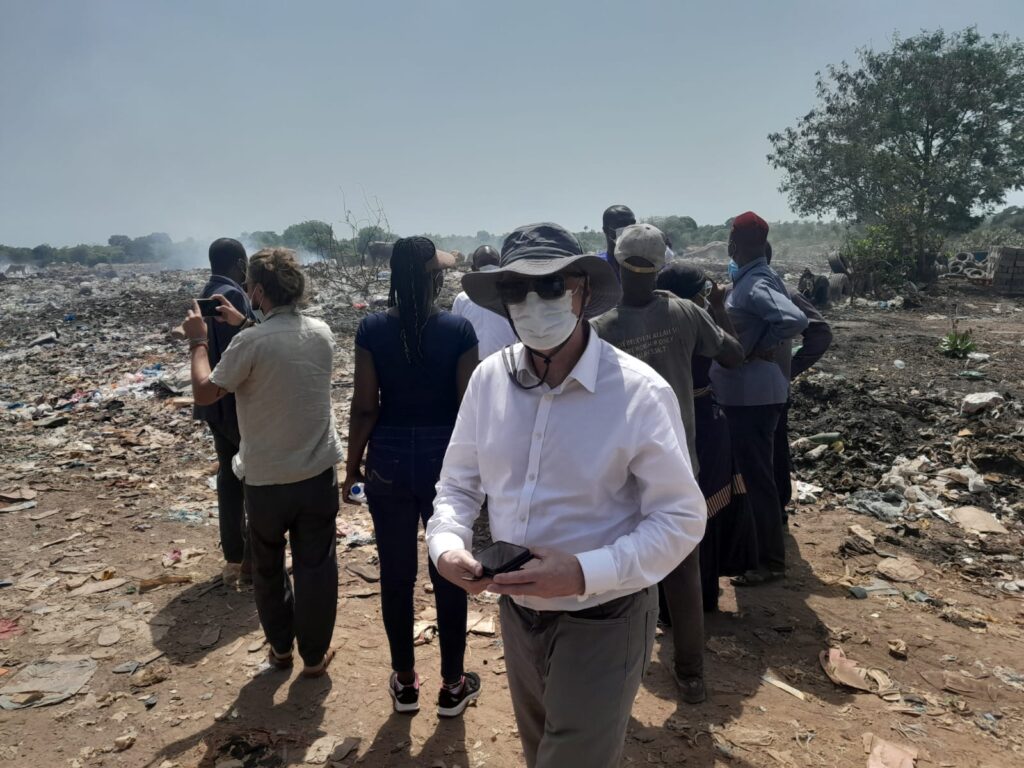
COPIP solution
The Gambia Integrated Waste Management Project proposes a holistic plan for municipal waste collection, transfer, storage and treatment. The project will enhance waste collection from the existing 28% to 80%, generate energy from waste, expand the recycling market and establish a sanitary landfill in the GBA. The COPIP solution is set to revolutionise the waste management sector in The Gambia and generate immense benefits including job creation, environmental conservation and the reduction of waste/plastic discharge to the ocean. According to UNDP, plastic pollution threatens the sustainability of the fisheries sector in The Gambia, despite it generating close to 12% of the GDP.
At COPIP, we believe that ‘Beyond an Age of Waste’ is an achievable milestone. As such, the COPIP consultants have identified and are preparing innovative, bankable municipal solid waste management projects covering the entire municipal solid waste value chain. The proposals are based on country-specific development needs and a climate change viewpoint.
